-
John McPhee’s Step-By-Step Approach to Narrative Nonfiction
•
No one in our time has contributed more to nonfiction narrative–stories that are true–than John McPhee. And he has lessons to teach. McPhee is the writer for The New Yorker and creative writing professor at Princeton University. His books include the Pulitzer-Prize winning Annals of the Former World (a trilogy on geology and geologists), A Sense…
-
Tim Ferriss and the Titans (4): On Divergent Thinking, Storytelling, and Integrity
•
This is the fourth part of a four-part series on Titans, by Tim Ferriss. Other parts are listed below: On commitment, and focus. On planning and journaling. On asking questions, gathering material, and details and style. On divergent thinking, storytelling, and integrity. 8. Divergent thinking Ideas are great; divergent ideas are better. To give…
-
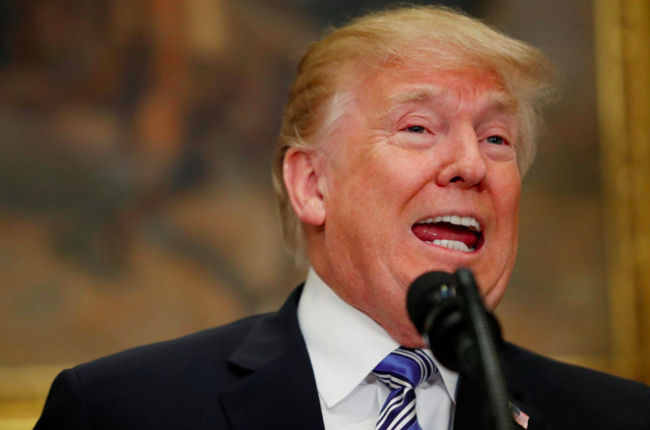
Beyond the Character Dossier: Fifty Questions for Donald Trump
•
Every four years, the American people make history-bending choices when they elect a president. The choice amounts to a bet on character. Who will have the right character–the right knowledge, experience, values, and fortitude–to tend to the nation’s needs? Back in 2016, I was eager to get some answers from Donald Trump, the Republican nominee.…
-
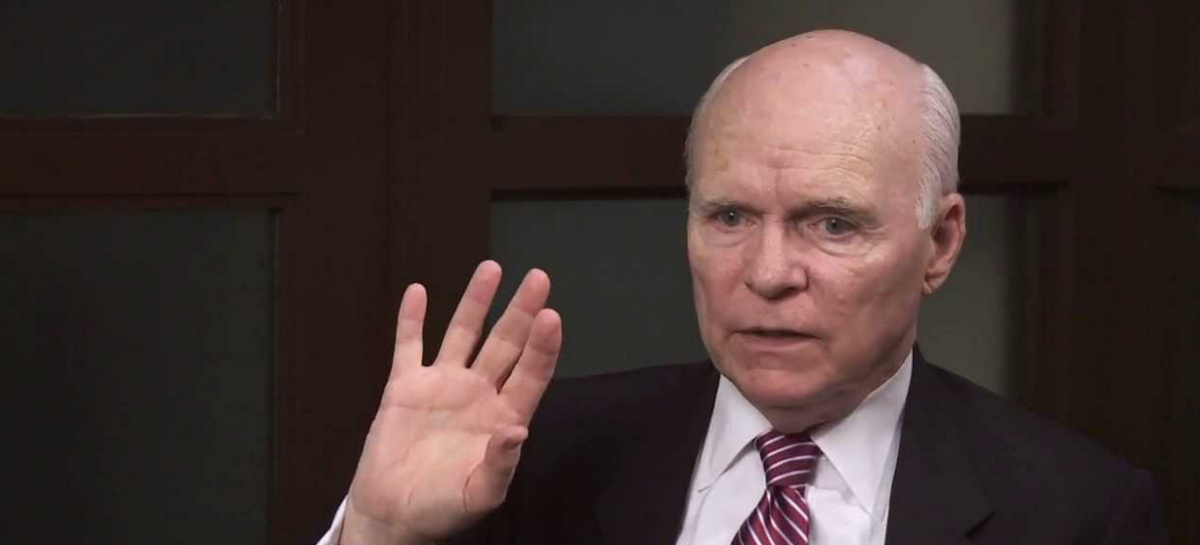
Shut Up and Listen: Brian Lamb’s Approach to Interviewing
•
How frustrated do you get when interviewers talk so much that the interviewee has a hard time answering? How often do you turn off the TV or radio because the interviewer thinks his insights matter more than his guest’s? One interviewer who has never put himself above his subjects is Brian Lamb, the founder of…
-
The Storytelling Secrets of Matthew Weiner
•
The Paris Review, the most intelligent website anywhere on the craft of writing, interviews Matthew Weiner, the creator of Mad Men. Some highlights: As a boy, Weiner was not much of a reader. But he loved listening to stories: I read very slowly. I’m a good listener. If they’d had books on tape back…
-
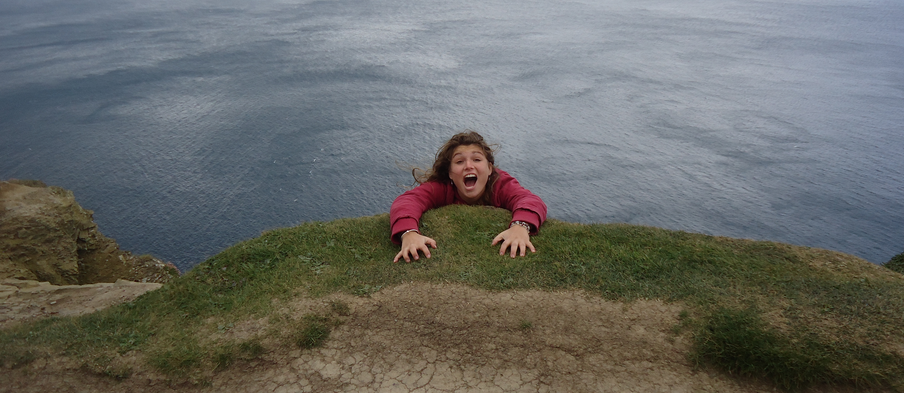
How to Create Cliffhangers and Surprise
•
Good writing needs cliffhangers and surprise to excite desire. By stopping the story and leaving a character’s fate in doubt, cliffhangers tease the reader. We want to know what happens next. Will the hero be safe … or get the girl … or track down the criminal … or save the business? God is…
-

The Power of Status Details
•
Simple constructions can create a dynamic, even dazzling style. Details make all the difference. When you show readers things that they would not notice on their own, and then arrange them in a pleasing way, you’ve got style. So what kinds of details make the biggest impact on readers? Tom Wolfe answers this question…
-
Use the Character Dossier To Create a Memorable Character
•
To set your hero and other characters on their journeys, know who they are and what they’re trying to do. Know their physical, mental, and spiritual qualities. Learn everything possible about their lives. Then give the reader the most relevant and, yes, the juiciest tales and details. Don’t just discover the surface facts of…
-
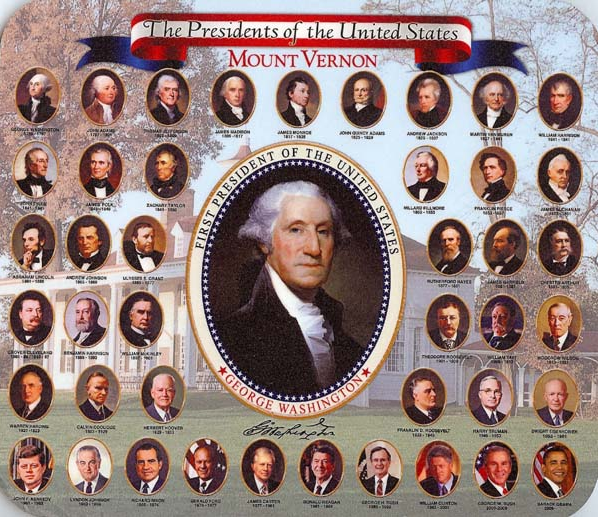
Presidents and Metaphors
•
President Barack Obama and the Republicans continue to wrestle over the nation’s debt and everything else under the sun — tax rates, Social Security, Medicare and Medicaid (and, by extension, Obamacare), education and R&D funding, the national parks and the space program, and in fact everything packed into the monstrosity known as the federal…
-
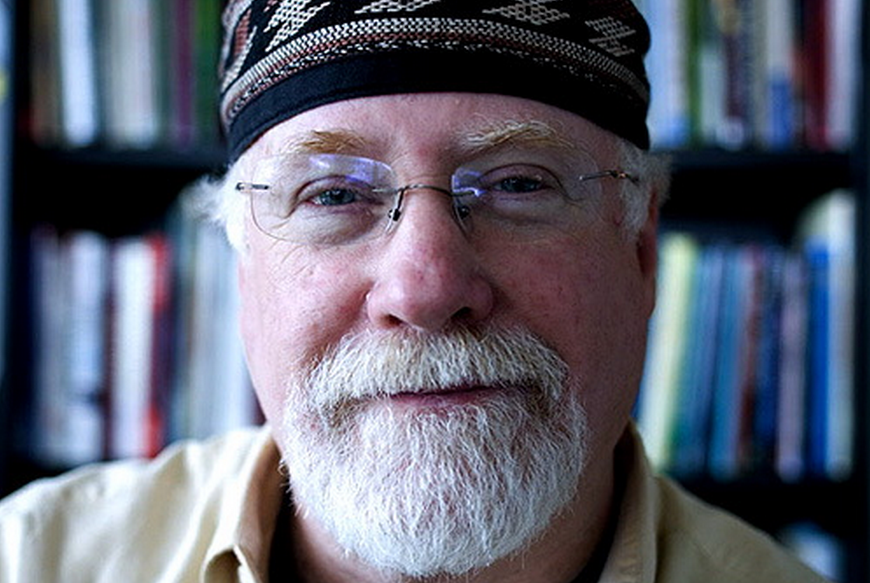
Dennis Littky Writes the Story of School Reform
•
What if schools built storytelling and writing into every aspect of learning? What if students saw their schooling as a journey, as challenging and demanding as the adventures found in The Odyssey or Moby Dick or Mountains On Mountains? What if students explored their subjects like great mysteries, using all their gifts as investigators and analysts to…
